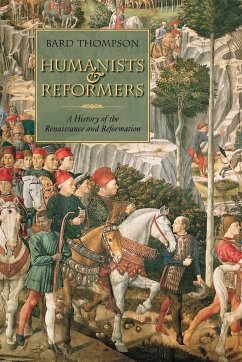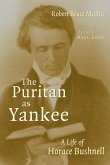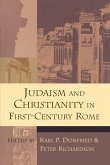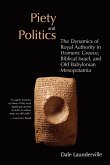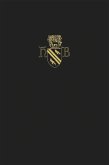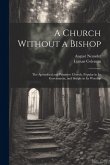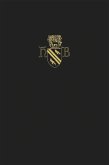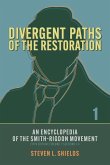"Humanists and Reformers" portrays two great traditions in human history: the Italian Renaissance and the age of the Reformation. Bard Thompson provides a fascinating survey of these important historical periods under pressure of their own cultural, social, and spiritual experiences, exploring the bonds that held Humanists and Reformers together and the estrangements that drove them apart. In the section devoted to the Italian Renaissance, an opening historiography is followed by accounts of the struggles that underlie the Renaissance, the papacy and the rebuilding of Rome, the growth of capitalism, and the rise of the monarchies and city states. Separate histories of Venice, Milan, and Florence are provided and painters, sculptors, and architects of the Quattrocento and Cinquecento are also given full scope, including close-ups of Michelangelo and Raphael....The section devoted to the age of the Reformation includes coverage of Erasmus and the major figures of the Northern Renaissance; and the Reformers and their thought: Luther, Zwingli, the Anabaptists and Calvin....Throughout this volume Thompson gives special attention to subjects of note from both periods, such as: Castiglione's "Book of the Courtier," the emergence of printing, Andrea Mantegna, Titian and the Venetian painters, Leonardo da Vinci, Raphael's Vatican Stanze, Michelangelo's Medici tombs, art and poetry in early sixteenth-century France, St. Peter's Basilica, and Foxe's Book of Martyrs.
Hinweis: Dieser Artikel kann nur an eine deutsche Lieferadresse ausgeliefert werden.
Hinweis: Dieser Artikel kann nur an eine deutsche Lieferadresse ausgeliefert werden.

